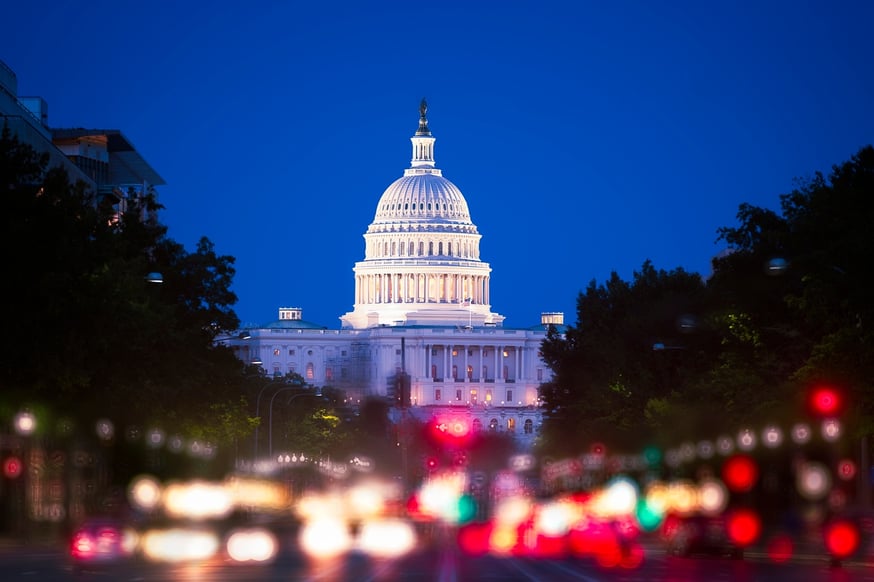Can Ending the Administrative State End Gridlock in Washington?
Share
By Hillsdale College Online Courses March 6, 2017
Dr. Ronald J. Pestritto of Hillsdale College, commenting on the bureaucratic red tape that characterizes so much of current legislative procedures, notes that removing the many agencies that make up the administrative state could actually speed up the progress of legislation rather than slowing it down. Without the ability to protect incumbents by offloading responsibility to unelected officials, Congress would be forced to perform its intended function under the watchful eye of the American people.
The following video is a clip from Hillsdale’s Online Course: “Public Policy from a Constitutional Viewpoint,” featuring Ronald J. Pestritto, the Charles and Lucia Shipley Professor in the American Constitution, and John J. Miller, director of the Dow Journalism Program.

Transcript:
John J. Miller:
Now people are always complaining about gridlock. Washington doesn't get anything done, they say. Wouldn't it be a lot worse if Congress actually retained these abilities and tried to perform what the Administrative State is doing now? Wouldn't the situation just be much worse?
Ronald J. Pestritto:
Well, it is true that Congress would be much busier with actual legislation. I think ... If you think about the situation it would actually force people to scrutinize more of what Congress does. Congress now can get away with spending years doing absolutely nothing because it has got the administrative agencies, who do its work for it in a very unaccountable way.
It would certainly force members of Congress to take much greater accountability for the decisions they do make, or in the scenario that you're suggesting, that they don't make. As it stands now they can carry on business as usual, they can have their positions, their pay, their prestige, do what they like to do without much fear of being held to account for it.

